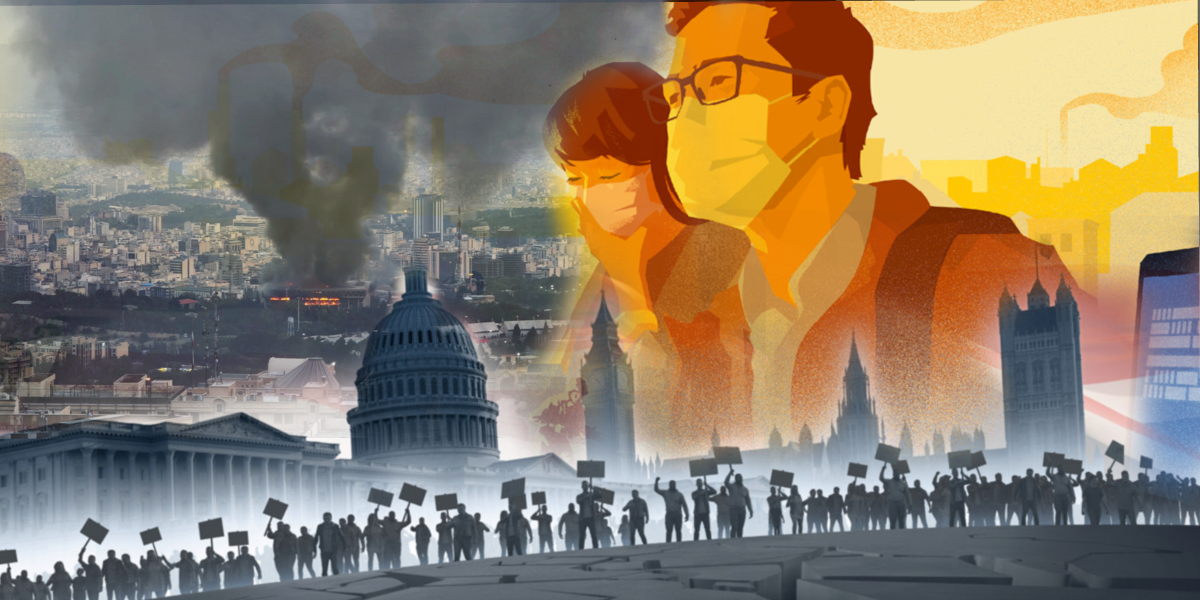More than 11 years revealing secrets because there is no excuse for secrecy in God’s true religion – The Watchtower, June 1st 1997; Dan 2:47; Matt 10:26; Mark 4:22; Luke 12:2; Acts 4:19, 20.

Written and Published by: Miss Usato, July 1st, 2025
On June 26, 2025, Watchtower’s site for Jehovah’s Witnesses released “Political Turmoil That Fulfills Bible Prophecy”, citing Daniel chapter 2 to interpret global unrest—including the Middle East crisis—as a sign that God’s Kingdom is near. This fresh publication portrays wars and political instability not as tragedies to address, but as chapters in a divine script—“the final part of the days.”
While the article frames these events as biblical fulfillment, it notably fails to propose any human response, instead urging believers to “benefit” spiritually from prophecy rather than act.
Neutrality Becomes Apathy
This emphasis on prophecy follows a pattern: earlier Organization articles like “War in the Middle East—What Does the Bible Say?” (June 23, 2025) and others outline global conflict as confirmation of the “last days.” But for all their theological framing, Jehovah’s Witnesses issue no moral appeals, no calls for aid, and no support for those suffering in the Middle East.
This reaction is not new for Jehovah’s Witnesses. Their global organization adheres to a strict policy of political neutrality, citing scriptures like John 17:16 (“They are no part of the world”) and Isaiah 2:4, which they interpret as forbidding involvement in national politics or military service.
This neutrality extends beyond politics—it encompasses humanitarian efforts, activism, and even expressions of moral support. During wars, natural disasters, or social movements, JWs remain observers rather than participants.
In the context of the Iran-Israel conflict, this stance becomes more than just passive—it appears deliberately aloof. While other faith-based groups mobilize aid, issue statements of peace, or stand in solidarity with the afflicted, Jehovah’s Witnesses retreat into scriptural commentary.
Prophecy as a Shield
By focusing on biblical prophecy, Jehovah’s Witnesses frame suffering as something preordained, a necessary sign that the end of the current world system is near and that God’s Kingdom is imminent.
This theological detachment raises uncomfortable questions:
Can prophecy serve as a justification for inaction?
Is it ethical to interpret war without acknowledging its victims?
And what is the cost of spiritualizing suffering without offering relief?
Is it possible that prophecy, in this context, becomes a shield, protecting the religion from political criticism while excusing moral disengagement?
Actual human suffering continues—hospitals bombed, refugees displaced, children traumatized. There is no Jehovah’s Witness rescue effort, no medical assistance, no refugee support—just spiritual reflection. Now this organization believes we are at the end, the “Politically Divided World in the time of the end” as seen below. I am not saying that every Jehovah’s Witness wants people to die, or that they are terrible people for not aiding ones who have fallen under traumatic situations. It is clear, though, that the Organization itself teaches prophetic validation over compassionate action.
“Like a jigsaw puzzle…we can see where we are in Jehovah’s timetable” -‘ The Kingdom is in place – Let it come!’ WT 2022
Seeing this reaction from the organization begs the question:
Can spiritual prophecy substitute for real-world compassion?
